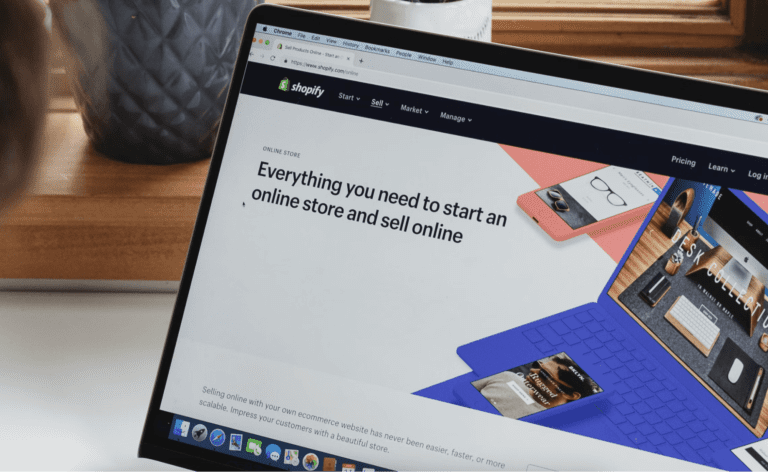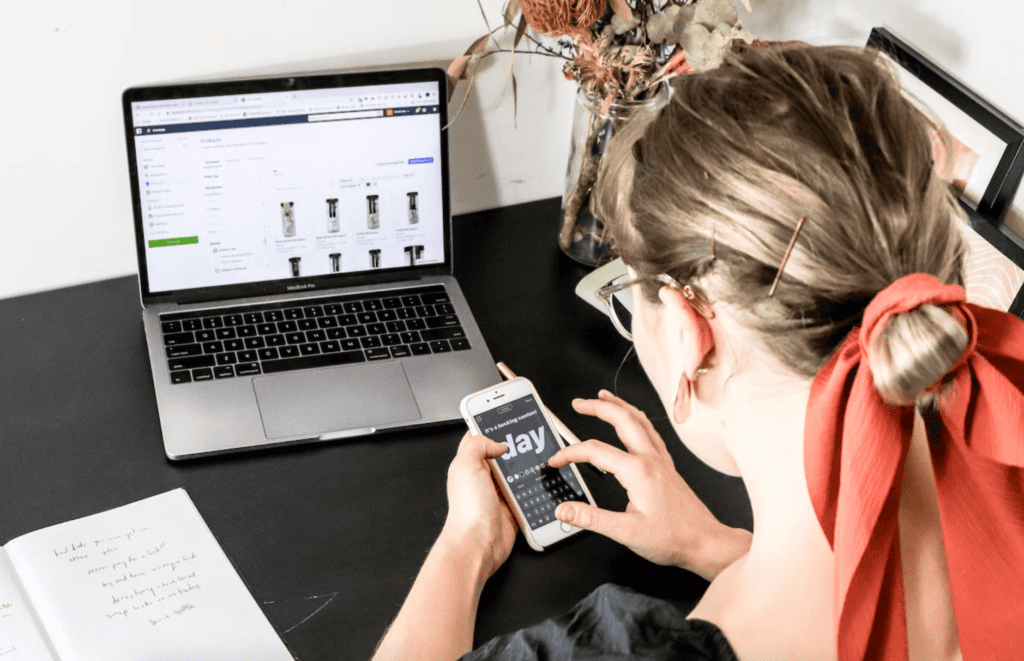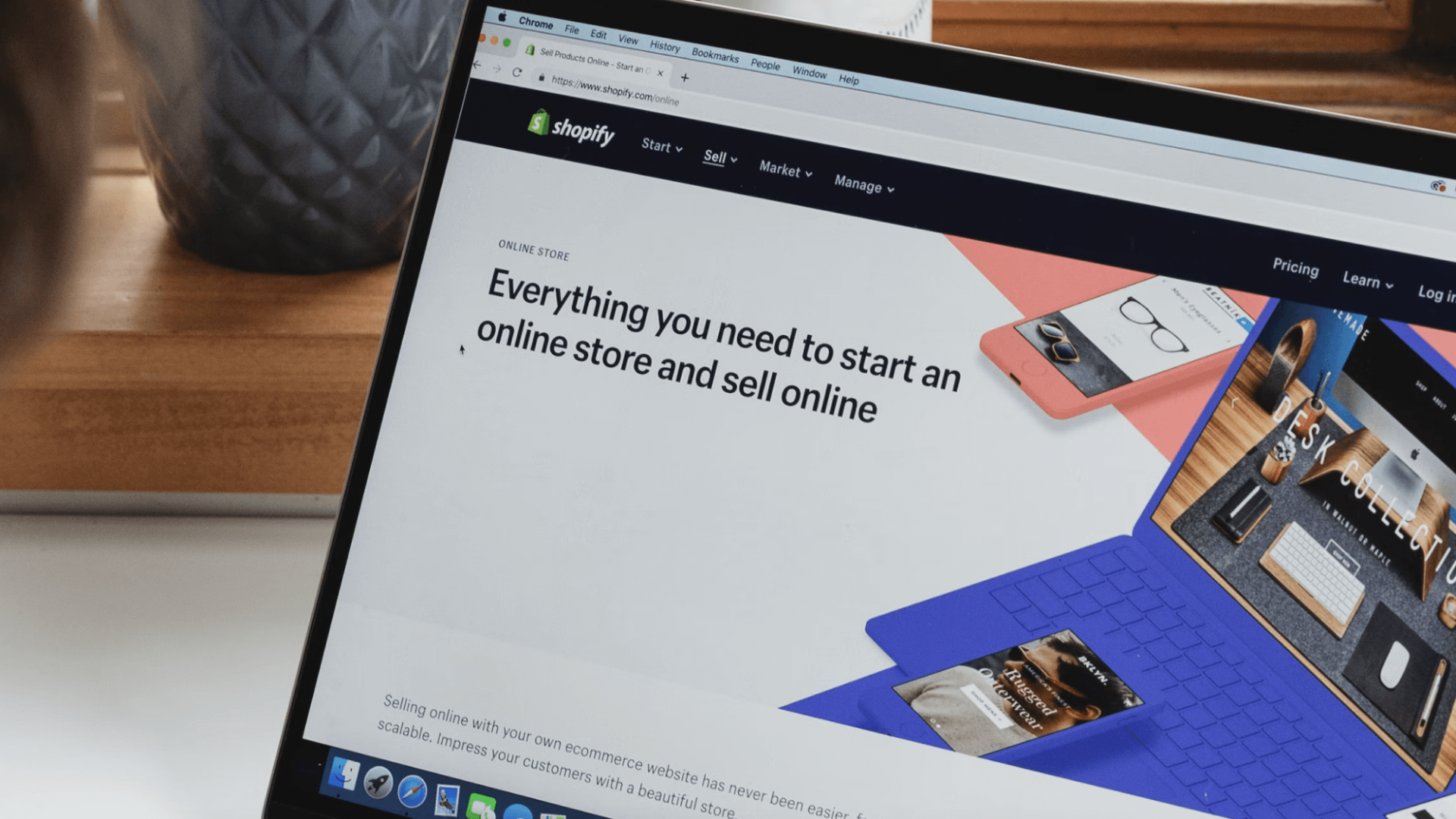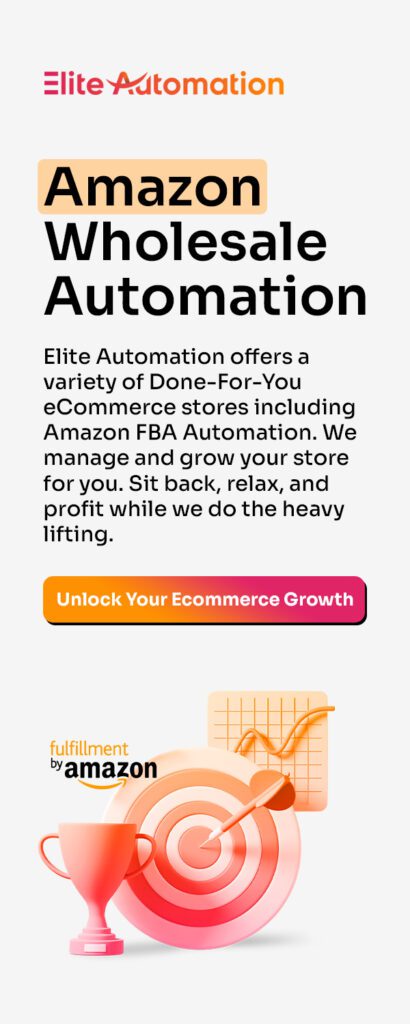Introduction to E-Commerce
E-commerce is one of the fastest growing industries out there. In fact, global e-commerce sales are projected to reach over $1 trillion in 2022! But with so many products and brands vying for your customer’s attention, it can be hard to stand out from the crowd. And even if you do manage to find success in your niche, there is still a lot that can go wrong in this highly competitive space. That’s why we’ve put together this list of things you need to know before diving into e-commerce!

Everyone knows E-Commerce is a Rapidly Growing Market.
You’re probably thinking, “Of course e-commerce is growing rapidly. Everyone knows that!” But here’s the thing: but not everyone comprehends the scope.
Many people still don’t realize how big this industry has become. Or where it will be in five years. Or how much money you can make if you get involved now and do things the right way by learning from other businesses and brands.
Here are three things you should know about e-commerce before diving in:
1. Picking A Specific Niche
The key to success in e-commerce is picking the right niche. You need to know your target audience, who they are and what they want to buy. Then you have to research and analyze your competitors and their price points and marketing channels.
You should also figure out if there’s a market for your product or not by asking yourself: 1) Do people want this? 2) Is it useful? 3) Are there too many similar products already on the market that offer the same service/product/etc.? 4) Do I have enough money or resources (such as capital and time) for this venture so that I can make it work, even if it doesn’t become wildly profitable immediately? 5) Is this something I’m passionate about doing long-term because otherwise it may be hard for me to stay motivated enough through difficult times?
2. Conducting Sufficient Product Research
There are some common mistakes that can be easily avoided by conducting sufficient product research.
When it comes to starting an ecommerce business, many aspiring entrepreneurs believe they are good at every aspect of running a business. This is not true! Although you may have deep knowledge in one or two specific areas, there are still aspects of entrepreneurship that you need to learn and master before launching your store.
If you want to be successful, the first step is doing thorough research on what makes a successful eCommerce business; this includes careful and diligent product research.
Take a look at some of our recommended Shopify product research tools and price points.

3. Choosing The Right E-commerce Platform For Your Brand
Choosing the right e-commerce platform for your brand is crucial. Currently there are several to choose from, however our personal favorite is Shopify.
- Magento: Magento is one of the oldest, most well-known e-commerce platforms in the world. It’s been around since 2007 and still remains a top choice for many brands today (including us!). One of its biggest strengths is its flexibility; it allows you to customize your site in many different ways while still being easy enough to use that even beginners can do it.
- Shopify: Shopify is a fantastic option if you want something simple but powerful enough for more advanced features as well (such as building an integrated blog, a custom store theme, and versatile apps that install with just two clicks). It’s extremely user friendly which makes it helpful if you’re just getting started with e-commerce or lack website design or coding experience.
4. Pricing Strategy
When you’re starting an e-commerce business, there are three things to keep in mind: choosing the right product, picking your niche and nailing the price point. This requires consideration of competitor’s products and their price points.
Your price must be attractive enough for customers to pull the trigger and make a purchase. A part of your pricing strategy can include ending pricing in either .99 or .97 cents. Another tactic is offering “FREE Shipping” on items over a certain amount.
Within Shopify and other platforms, you can create custom discount codes if a customer places an order over a certain value, or orders a specific number of items. For example, with this, you can advertise on your storefront, “Buy 1 get 1 free.”
5. Bonus Tip: Have a Solid Email Sequence in Place
For e-commerce stores, I recommend having a solid email follow up sequence in place. A follow up sequence is one of the most powerful ways to convert your website visitors into paying customers. If you’re not currently using a follow up program on your site, it’s time to start!
Here are some things to consider when creating and deploying an email follow up sequence:
- What do you want people to do? Do you want them to make a purchase, download an ebook or whitepaper, sign up for a newsletter or refer a friend to your store? Before beginning your campaign structure, decide what is most important for each stage of the customer journey.
- What information do you want to convey to your customer? Where are they currently in their customer journey?
Make sure you create email campaign templates ahead of time before launching your store. You don’t want to miss out on any potential conversions in the future.
A Few Things to Keep In Mind
- You need to know how you plan to bring awareness to your product and brand and what your marketing channels will be.
- Marketing is the most important factor when it comes to selling products online.
- There are a lot of different ways in which you can market your products: social media, paid ads, organic content marketing, email marketing, public relations, referral marketing and affiliate marketing.

Adequate Research Before Launch
The e-commerce industry is fast-paced, and that doesn’t make it easy. E-commerce entrepreneurs must be prepared to face challenges like product fulfillment, supply chain, advertising profitably (maintaining an acceptable return on ad spend/ROAS), and customer support.
It’s important to pick the right niche and platform before you begin selling online. If you’re unsure whether ecommerce is right for you, then a great place to start would be looking at your current customer base and analyzing their buying habits online.
From there, it’s time to decide what type of products or services will suit them best – this may mean offering something that isn’t available through other channels yet. Once you’ve decided on this, then it’s time for channel selection – which means picking where exactly consumers can purchase from (Amazon, Shopify storefront, Magento, Fancy, Shoppable Pins on Pinterest, etc.)
Conclusion
All in all, e-commerce can be a great way to reach people worldwide and build a business remotely from anywhere. The key is to do your research and make sure that you have a strategic plan in place before launching your store. Some things you learn as you go; others are best realized beforehand. There is no need to completely reinvent the wheel. Another option rather than starting a store from scratch is to purchase an already-established e-commerce store.

